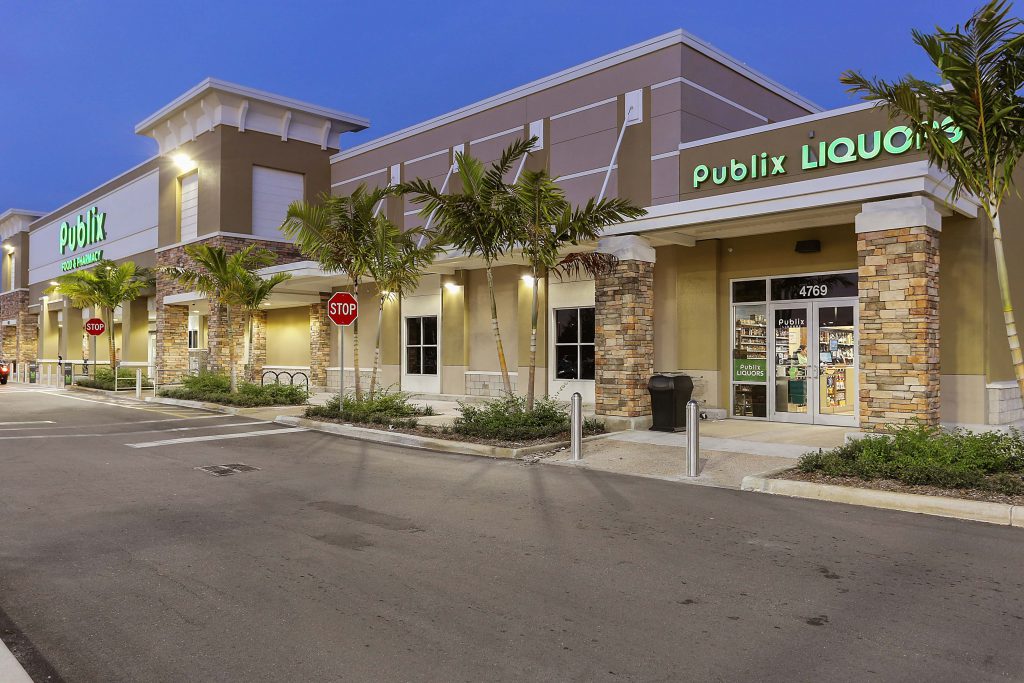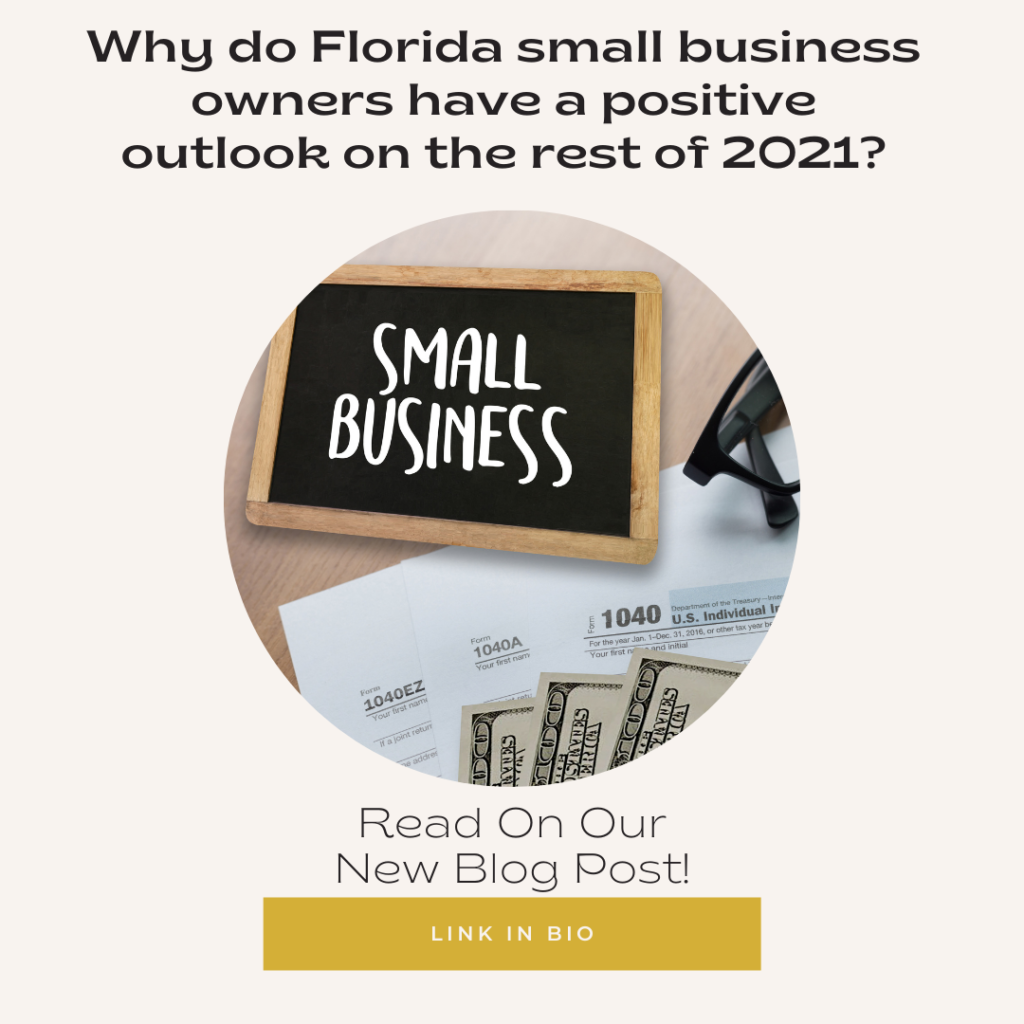With summer approaching many seasonal residents that are from the Northern States are heading back for the warmer months. This can cause a change in the economy for many towns around Florida because of the quiet shift that creates. About 1 million Florida residents spend only part of the year here which is about 5% more than the summer months. Resulting from this drastic population change many local businesses can be affected by the volume of customers they receive in the months of May to October. With restaurant wait times dropping and busy retail centers shifting to a slower pace, business owners must adjust to the migration of the local community members. Here are 6 helpful tips to seasonally adjust as a business owner:
Become a seasonal business or adjust hours for the slower months.
Becoming a seasonal business or adjusting hours during the off-season can be a smart strategy for managing costs and maximizing efficiency. This approach also helps prevent burnout among employees and allows owners to focus on planning, maintenance, or marketing for the upcoming peak season. Ultimately, it keeps the business agile and better prepared to thrive year-round.
Adjust staffing levels or create seasonal-only positions.
Adjusting staffing levels or creating seasonal-only positions is a practical way for businesses to stay flexible and cost-effective during slower months. By scaling the workforce to match seasonal demand, businesses can avoid overstaffing and reduce payroll expenses without sacrificing service quality. This strategy supports smoother operations and ensures the business is staffed appropriately year-round.
Create off-season deals and promotions.
Creating off-season deals and promotions is a great way to keep customers engaged and revenue flowing during slower periods. These special offers can attract new customers, encourage repeat visits, and help move excess inventory. Whether it’s a limited-time discount, bundled service, or loyalty reward, off-season deals can spark interest and maintain momentum until peak season returns.
Take this slower time to focus on other aspects like renovations, preparing for next season, and revamping your website and social media platforms.
The slower season is the perfect time for businesses to shift focus toward internal improvements and future planning. It’s a great opportunity to tackle renovations, update your space, and enhance the customer experience. You can also analyze what sold well during the busy months to better prepare inventory and strategy for the next season. Additionally, use this downtime to refresh your website and social media platforms—keeping your brand current, engaging, and ready to make a strong comeback when business picks up again.
Make your merchandise available online.
If you’re in retail, offering your merchandise online during the off-season can help maintain sales and reach a broader audience beyond your local market. An online store keeps your products accessible 24/7, allowing loyal customers to continue shopping even when foot traffic slows down. It also opens up opportunities for digital marketing, seasonal promotions, and customer engagement through email and social media.
Plan events to create more foot traffic for the locals and vacationers.
Planning events during the off-season is a creative way to boost foot traffic and keep your business top of mind for both locals and any vacationers still in town. Hosting things like pop-up markets, themed nights, workshops, or community gatherings can create excitement and give people a reason to stop by. These events not only drive sales but also strengthen your connection with the community and build brand loyalty, making your business a go-to spot no matter the season.
Source: https://brevardsem.com/brevard-county-businesses-snowbird-season-is-over-now-what/











